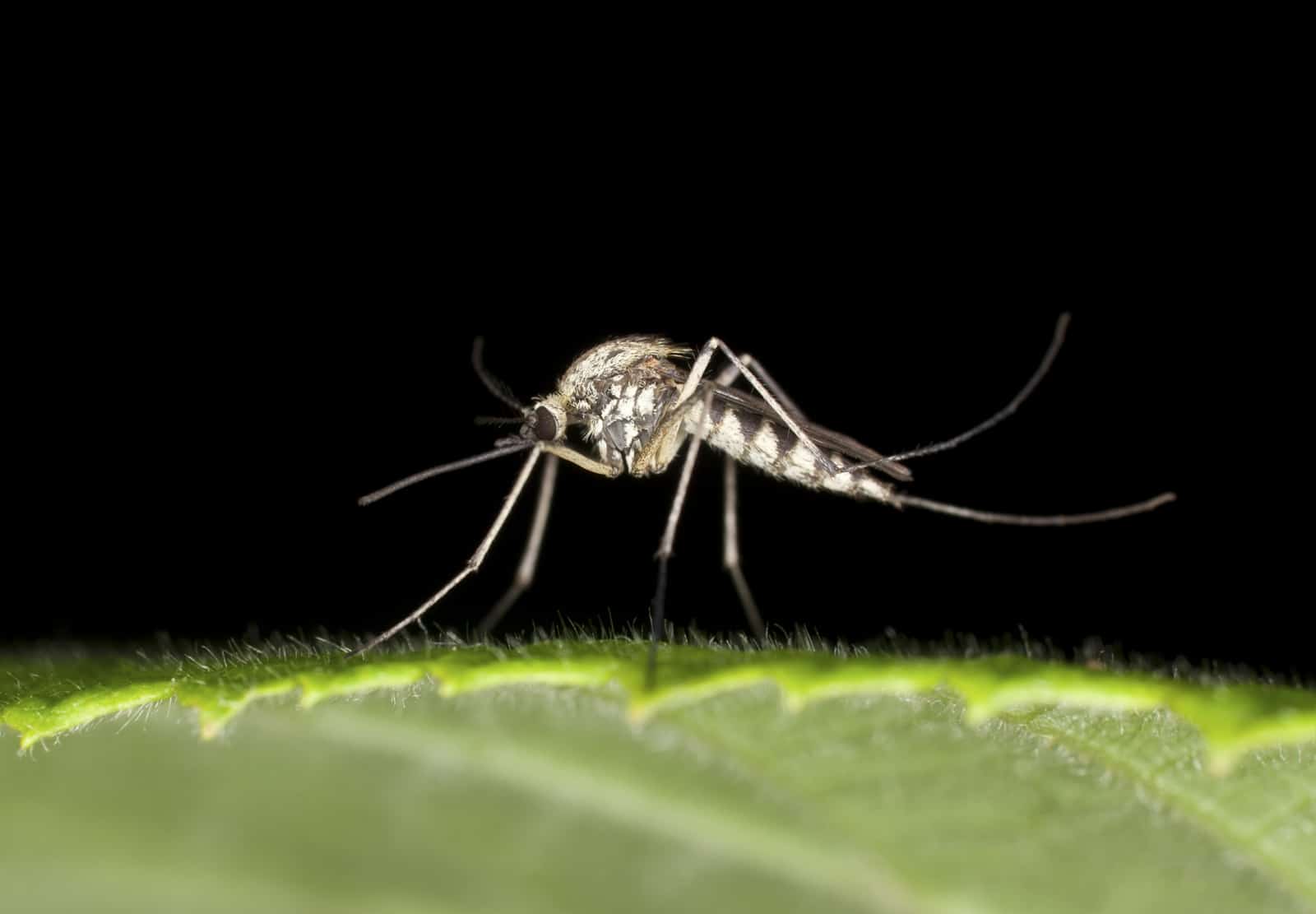EEE Confirmed in South Carolina Pony

This is Clarendon County’s first case of EEE in an equine this year, and South Carolina’s 17th.
EEE 101
Eastern equine encephalomyelitis is caused by the Eastern equine encephalitis virus, for which wild birds are a natural reservoir. Mosquitoes that feed on EEE-infected birds can transmit the virus to humans, horses, and other birds. Horses do not develop high enough levels of these viruses in their blood to be contagious to other animals or humans. Because of the high mortality rate in horses and humans, EEE is regarded as one of the most serious mosquito-borne diseases in the United States
Create a free account with TheHorse.com to view this content.
TheHorse.com is home to thousands of free articles about horse health care. In order to access some of our exclusive free content, you must be signed into TheHorse.com.
Start your free account today!
Already have an account?
and continue reading.
Written by:
Diane E. Rice
Related Articles
Stay on top of the most recent Horse Health news with















